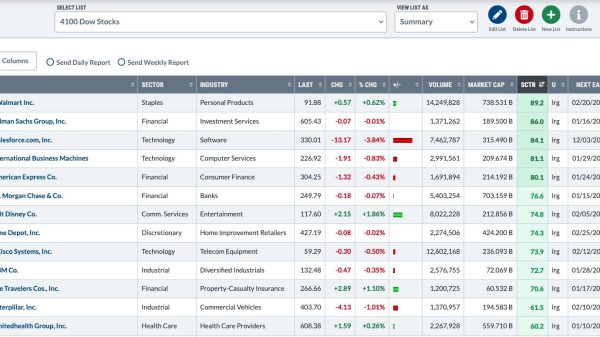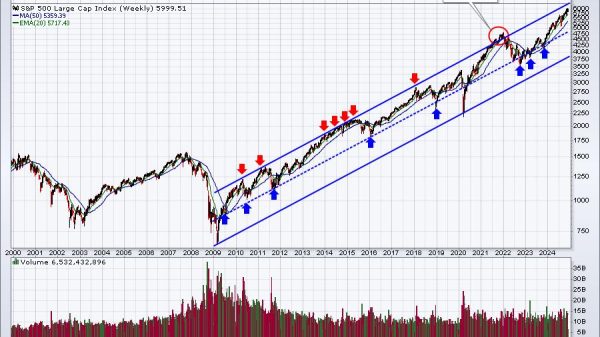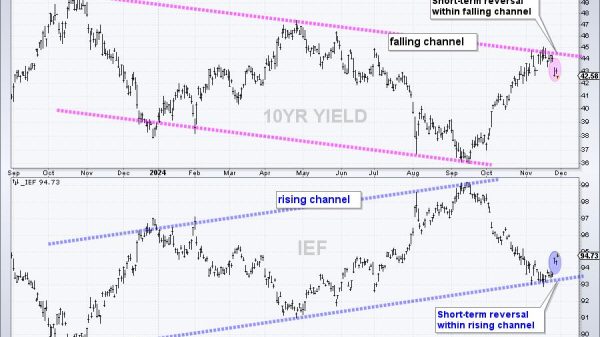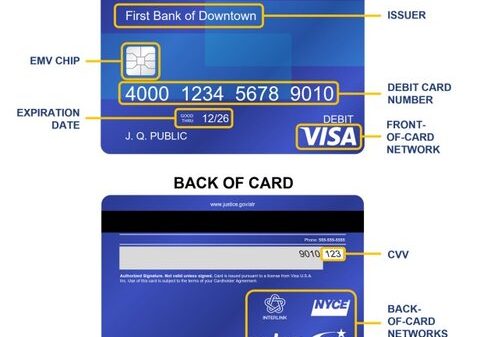The United Kingdom’s landscape, characterised by its rich cultural heritage, economic dynamism, and intricate political scenarios, is once again at the forefront of international discussions.
This time, the focal point is the repercussions of the Brexit tax imposed on food imports from the European Union (EU). The consequences of this new financial burden are anticipated to ripple across the nation, affecting small businesses and consumers alike.
The Brexit tax, as it’s been colloquially named, is a new levy introduced by the UK government on food imports from the EU. Initiated by the Department for Agriculture, Food and Rural Affairs (Defra), the tax aims to recover operating costs of government-run border control posts in England. The idea of a £43 charge per consignment might seem trivial on the surface, but considering the UK’s substantial daily import volumes, it adds up to a hefty sum, inflating the already bloated costs of importing goods post-Brexit.
The Economics of the Tax
The Brexit tax comes on top of other expenses associated with food imports, such as veterinary and customs agents’ fees, and increased supply chain costs. As the tax piles up with these additional costs, the financial burden on importers escalates, pushing them towards an almost unavoidable decision – to pass on the costs to consumers.
Impact on Small Businesses
The new tax regime seems to hit the smaller players in the market hardest. Specialty food retailers such as delicatessens, which import a variety of unique items from the EU, are particularly at risk. These small businesses, with their limited resources, will find it challenging to absorb the extra costs. Consequently, they may be forced to increase their prices, potentially harming their competitive edge in the market.
The Consumer’s Plight
As small businesses grapple with the new tax, it’s the consumers who are likely to bear the brunt of these changes. The tax, in combination with other import costs, will inevitably lead to higher retail prices. The cost of living, already burdened by a 19% rise in food and drink prices over the past year, is set to increase further.
The UK government has justified the tax by citing the need to recover operating costs for the border control posts built post-Brexit. However, the timing and implementation of the tax have come under scrutiny. Critics argue that imposing a flat-rate fee, regardless of the size or scale of the import, is unfair and disproportionately impacts small businesses.
The Post-Brexit Reality
Brexit has undeniably transformed the UK’s trading landscape. Since leaving the single market and customs union, UK exporters have faced increased costs and bureaucratic hurdles when sending goods to the EU. Now, with the introduction of the import tax, UK importers are set to experience a similar fate.
The Response from Industry Experts
Leading voices in the industry have expressed their concerns over the tax. Shane Brennan, director of the Cold Chain Federation, describes the tax as “the sting in the tail of a post-Brexit food inspection regime.” He warns that the policy could contribute to the collapse of haulage operations that small businesses rely on.
Bracing for Impact
Small businesses are bracing themselves for the impact of the tax. Many are exploring alternative strategies to mitigate the potential financial blow. Unfortunately, some smaller businesses have decided to cease exporting to the EU altogether, while others have established depots within the EU to circumvent the extra costs.
Addressing the Crisis
The escalating food price crisis prompted Prime Minister Rishi Sunak to convene a meeting with farmers, food producers, and leaders of some of Britain’s largest supermarkets. However, the effectiveness of these discussions remains to be seen, but it was reported that those at the meeting dubbed it as simply a ‘PR stunt.’
Conclusion
The Brexit tax on food imports signifies yet another twist in the post-Brexit saga. While the government aims to recover operational costs with this move, the repercussions on small businesses and consumers are concerning. As the UK navigates this challenging economic period, it will be crucial to monitor the evolving effects of this tax and its impact on the nation’s food industry.
Navigating the post-Brexit realities requires an understanding of the intricate economic, political, and societal factors at play. The Brexit tax, its implications, and the responses it has elicited from various stakeholders provide a fascinating insight into the UK’s dynamic post-Brexit landscape.
Read more:
The Ripple Effect of Brexit Tax on UK’s Small Businesses and Consumer Wallets
























